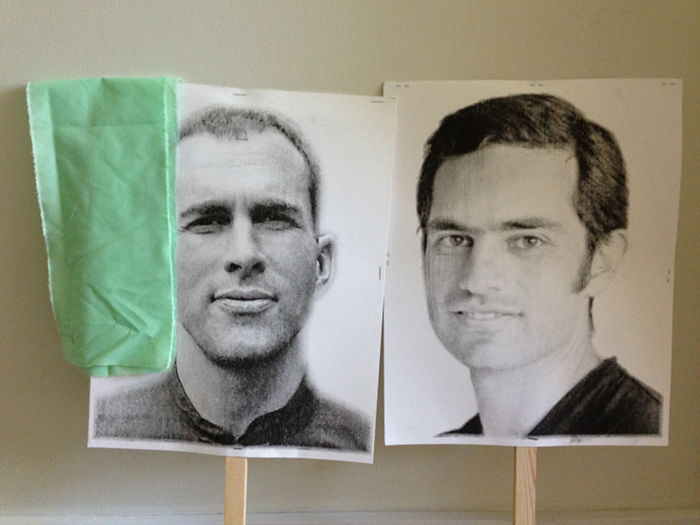In a weekend that saw around 50 Egyptians die in clashes between supporters of ousted President Mohammed Morsi and those in support of the current army-backed government, there was a sliver of light for two Canadians imprisoned and abused in Egyptian prison. Takek Loubani and John Greyson — whose brutal detention I covered last week — were set free Sunday following pressure from international powers and rhizomatic support network.
However, the two men — one an emergency medic, one a celebrated filmmaker — were stopped at the border and refused exit from Egypt. The AP reported:
Greyson’s sister, Cecilia, told the Associated Press that Canadian consular officials were dealing with what she called “red tape” so they could begin their trip back to Canada.
“Until they are safely back in Canada we are just going to be a little bit on edge,” she said. “We’ve had contact with them throughout the day today. We’re relieved they are out of prison. We’re immensely encouraged by that.”
She said the two were in a safe location waiting patiently to get out. They have been in regular contact via phone and email, she said.
She said the the pair were surprised when a guard swung open their cell door and led them to freedom because they had no clue that they were being released.
Meanwhile, the Egyptian streets saw some of their bloodiest days since the army-perpetrated, anti-Muslim Brotherhood massacres of last summer. As my friend and Guardian Cairo correspondent Patrick Kingsley noted:
At least 51 people died in clashes across Egypt as the country’s two largest political factions gathered in rival commemorations of Egypt’s participation in the 1973 war with Israel, a day of deep significance for many Egyptians.
Both opponents and supporters of the country’s ousted president, Mohamed Morsi, rallied in their thousands – ostensibly to mark the 40th anniversary of the Yom Kippur war which is viewed in Cairo as an Egyptian victory, despite ending in a stalemate that favoured Israel.
But rather than emphasising Egypt’s unity, the different messages conveyed by each faction’s demonstrations underscored divides.


